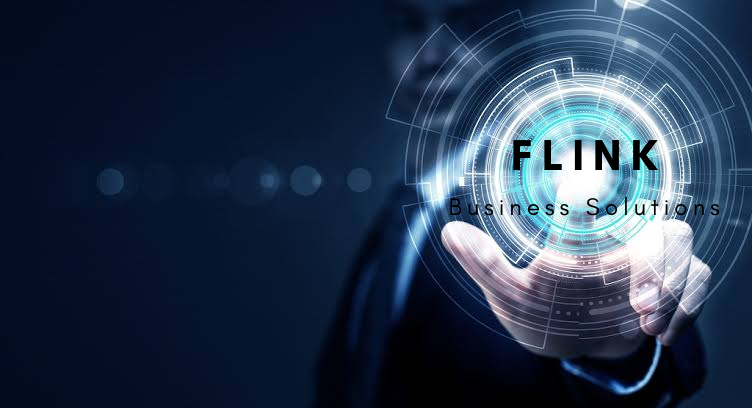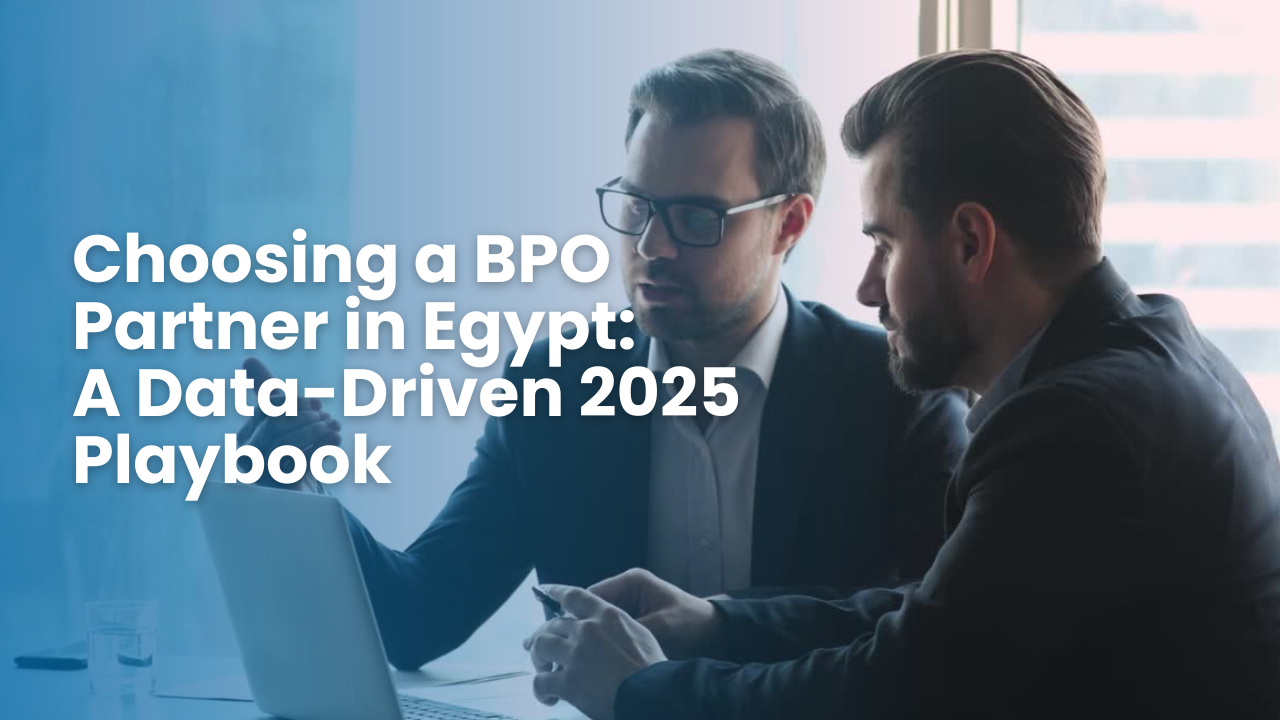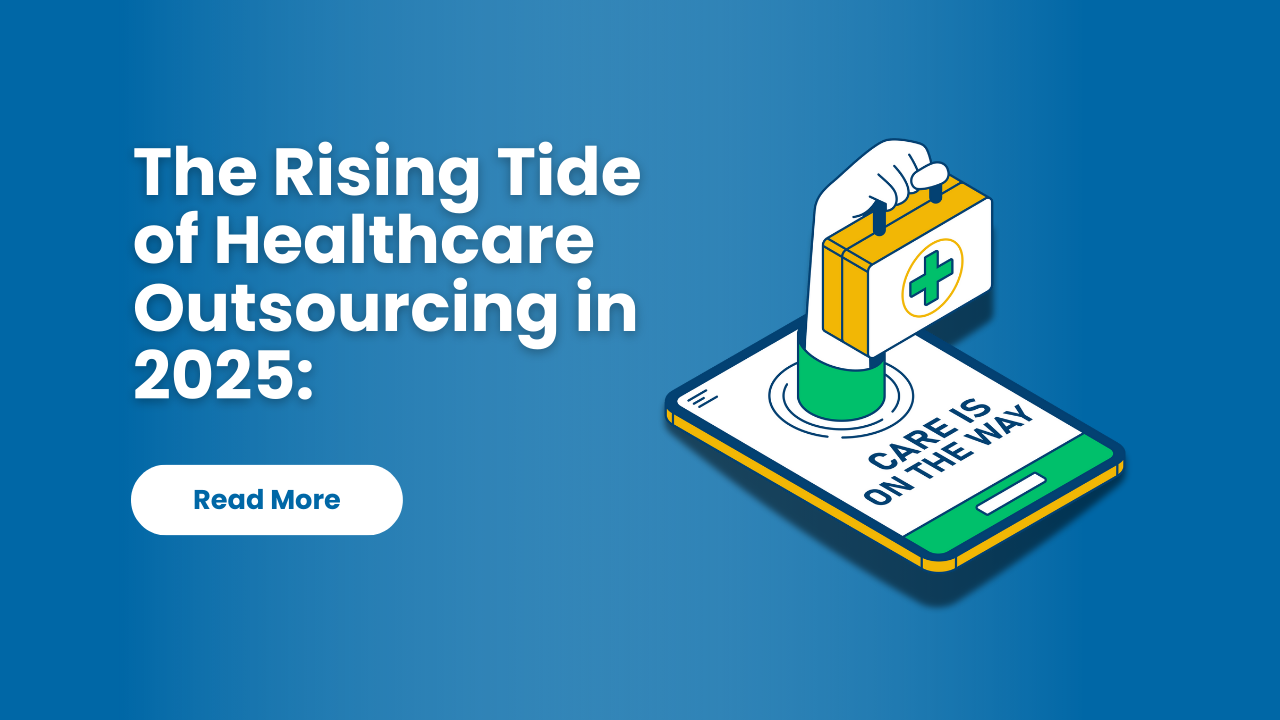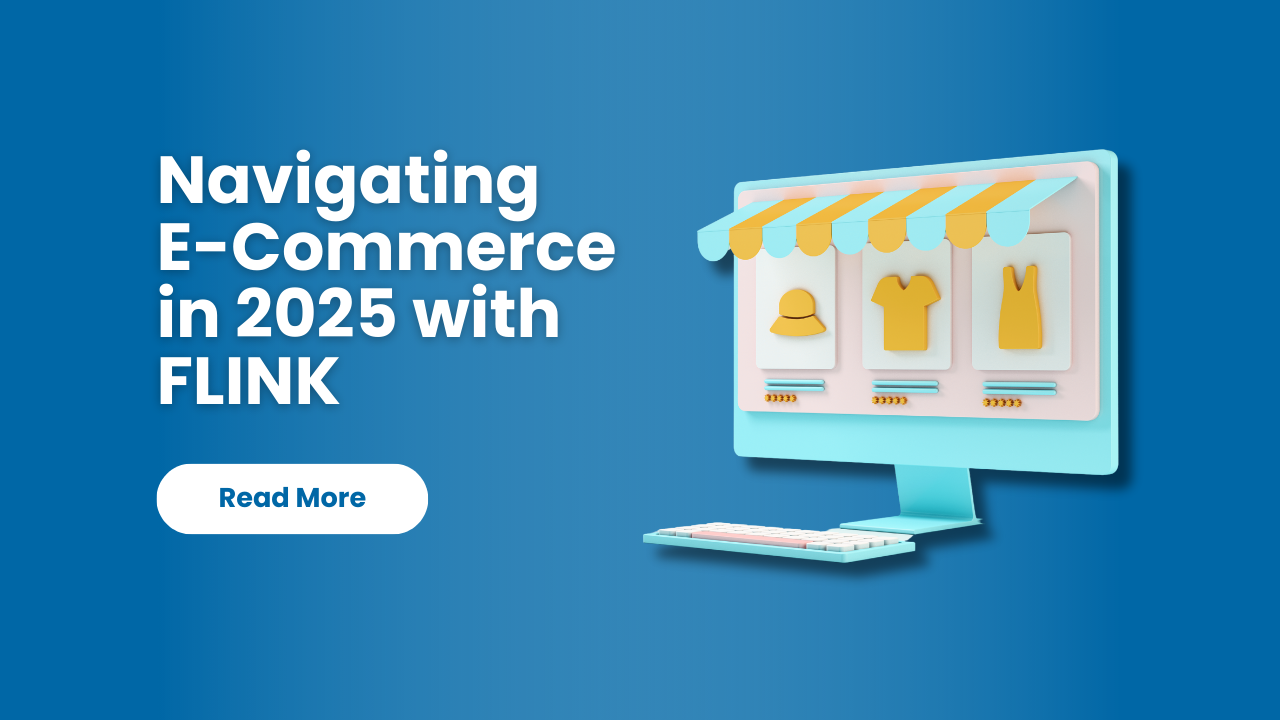The future… we all have different aspirations, when it comes to it. One thing they all have in common is that they ease the burdens linked to the time being or offer a better version of it. Have you ever thought about claims from a futuristic point of view, though? What if I offer you a capsuled peak by suggesting some ideas that are to happen, while highlighting some that are already in force?
Most claims are currently handled in a way that leaves the insured in the dark, for an extended period of time. However, it is a mine-infested area for the insurer, as well. In turns, this in most cases makes the idea of resorting to a third party enthralling. This specialized institution manages the insurer’s claim process; may it be a claim management or a back office company. Some problems still exist even with this specialized aid, nonetheless. There are, however, new ideas and technologies emerging daily to facilitate and ameliorate the process. Here, we shed light on a few:
- Automation and AI:
Chatbots are slowly, but steadily, taking over human-human customer service. Till now, only a handful of companies use them; Zurich is one. Other examples include Progressive, Allstate, GEICO, and Progress. It might seem like a risk from afar, but the groundbreaking advantages are luring firms to change tactics. One thing that seals the deal is their 24/7 availability. All you need to do is connect to the Internet. If you cannot access the Internet, you can even do so through regular SMS. Time is such a crucial element in Insurance. What is even better is that you can save plenty, because they can recognize you. Astonishingly, there is no need to have your policy on-hand, due to that. With time and with each human contact, they learn. This guarantees that the customer service is bettered daily.
Another use of AI is natural language processing (NLP). It depicts the intent of any text, then classifies and forwards it to the right person. So all the emails that keep going back and forth till they reach the targeted person will somehow be a thing of the past. All this targets better connection with customers, while saving time. Alongside this, fraud can be linked to AI. FRISS, for example, employs AI to evaluate claims-risks to get more accurate estimation. One of the pioneers in augmenting automation is Lemonade, who were the first to use zero human contact in regards to claim. Whereas, 99% of policies sold by Zhong An have been through automation.
- Image recognition and Optical character (OCR):
This AI rapidly detects pictures and estimates the case. This estimation process, in Insurance and claims specifically, takes quite some time nowadays. With image recognition, a company can train its system with excessive images of car accidents to recognize the type and total cost of the damage. A good example of this is a groundbreaking company called Tractable, with their use of more than 130 million pictures. The latter is designed to digitalize handwriting to ultimately minimize labor related to handwritten information. This, comprehensively, is taken one step further by only using insurance jargon, instead of the whole dictionary for quicker and better results.
- Drone usage:
According to the Federal Aviation Administration, by 2022 an estimate of 2.85 million drones could be used for various purposes, with 450,000 ones for commercial purposes. Natural disaster monitoring, inspection, detection and prevention of fraud, and employee-safety are some of advantages that accompany their use. Another is taking precise pictures and high-quality data. The risks though might raise a few red flags. They include data violation, hacking and data leakage. Nevertheless, their use will save the industry an estimate of $7 billion yearly.
Conclusion:
For years, claims have been the black holes of insurance. Customers do not understand their complexity, as it can take years to reach a settlement. During which, they are clueless. Their unraveling is, foremostly, deeply rooted with the insurer. This extended time-issue is tied with documentation, investigation, and endless paper-work, which at the end is enveloped with customer service. All of which are prone to immense improvement, when tied with Insurtech. This will conversely pave the way of smoothing and bettering the process of claims and claim management. One thing we know for sure is that artificial intelligence and technology make the light at the end of the tunnel within reach.

Want to read more about other Insurtech ideas? Keep a close watch on our blogs.
Who is FLINK?
FLINK Solutions is an Insurance back office company based in Egypt.
What can FLINK offer?
Flink as a BPO company offers different services
Due to the company’s geographic location, you will get the work done outside office hours you will get the 24/7 availability that you need. Your employees, during their shifts, will then have the time to focus more on improvement and enhancement, with FLINK taking care of the rest. This way, you get a 24 hour service.



